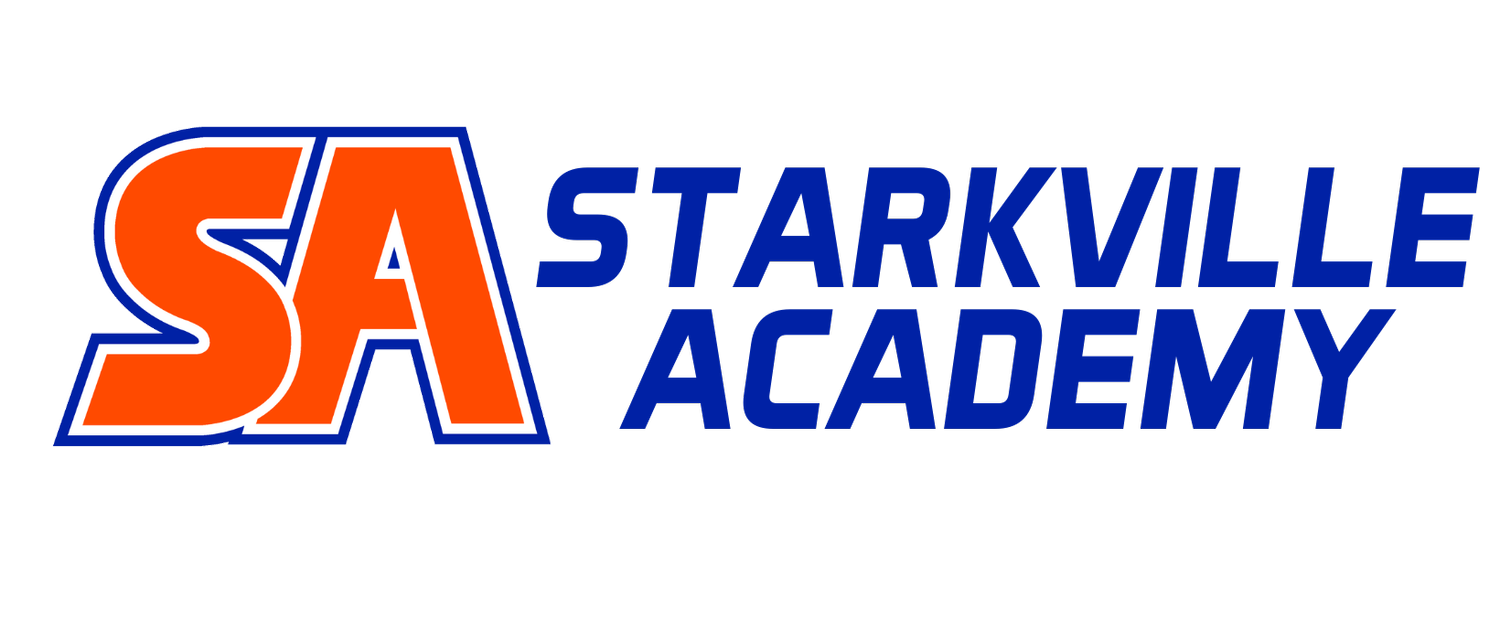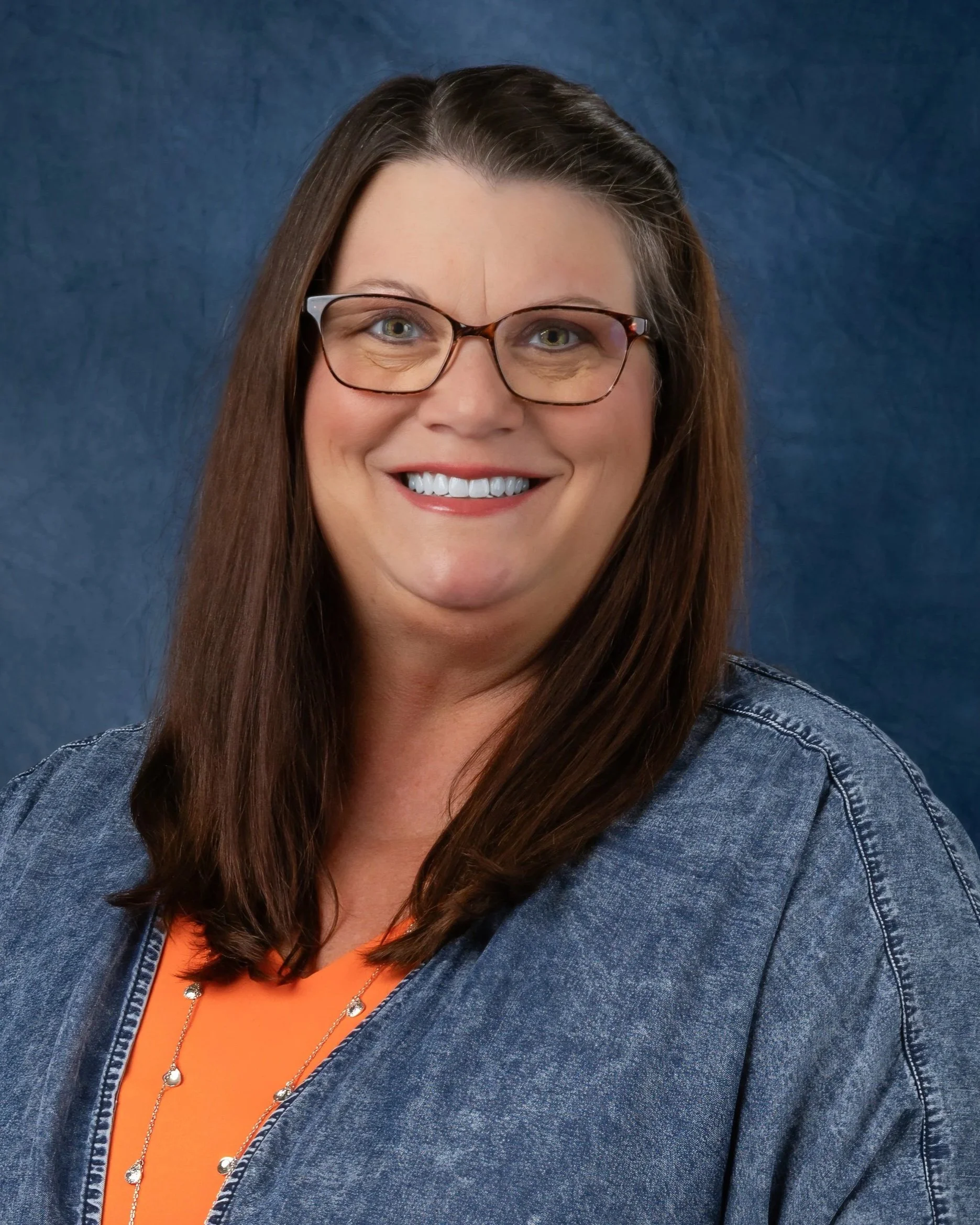dyslexia therapy
dyslexia therapy program
The Dyslexia Therapy Program is a special class that has been established to provide appropriate therapy for high-potential students with a primary diagnosis of dyslexia. The core of the program is an Orton-Gillingham based curriculum called Alphabet Phonics. The program is specifically the Mississippi College Dyslexia Therapy Program. Therapy will be administered for 45 minutes – 1 hour for four days a week by a certified dyslexia therapist in a small class setting of no more than five students. This program provides a structured, sequential, and multisensory curriculum designed for students in first through sixth grades. Most students will receive therapy for a two-three year period.
your child’s learning experience will be maximized through:
The Mississippi College Dyslexia Therapy Program (Orton-Gillingham based)
Four days of therapy per week during the school day
Multisensory curriculum designed to combine visual, auditory, and kinesthetic learning modalities
Small groups of no more than five students
The admissions process
The admissions process for the Dyslexia Therapy Program (DTP) at Starkville Academy is designed to assist the family and director to determine whether a student will benefit from our DTP. Acceptance into the program is based on admission into Starkville Academy, a dyslexia evaluation and interview or contact from the director, and availability in the DTP. Please contact the school for more information on the enrollment process for Starkville Academy.
At Starkville Academy we strive to ensure that each child is a good fit for the DTP and that the program can meet the student’s therapy needs. The dyslexia therapy class is designed for high potential students whose primary diagnosis is dyslexia. Students who struggle because of behavioral difficulties, severe attention problems, severe receptive and expressive language disorder or below average intellectual abilities will not benefit from our program.
What is dyslexia?
Dyslexia is a specific learning disability that is neurobiological in origin. It is characterized by difficulties with accurate and/or fluent word recognition and by poor spelling and decoding abilities. These difficulties typically result from a deficit in the phonological component of language that is often unexpected in relation to other cognitive abilities and the provision of effective classroom instruction. Secondary consequences may include problems in reading comprehension and reduced reading experience that can impede growth of vocabulary and background knowledge. Adopted by the IDA Board of Directors. Nov. 12. 2002. This Definition is also used by the National Institute of Child Health and Human Development (NICHD).
Meet the Director
Holly Johnston is a graduate of Mississippi State University with a B.S. in Elementary Education (K-6) with an endorsement of Remedial Reading (K-12). She received a master's degree in Dyslexia Therapy from Mississippi College in May of 2013. She has taught at the kindergarten and preschool levels. Prior to her master's degree Johnston was a private dyslexia therapist from 2011 - 2016. Johnston is a Certified Academic Language Therapist and a Qualified Instructor, certified by the Academic Language Therapy Association. She has received certification from IMSLEC to be an Adjunct Instructor (Instructor of Therapy Level - 2019 teaching the graduate students at Mississippi College in the Dyslexia Master's Program. She loves what she does and can't wait to touch more children's lives in the coming year.




